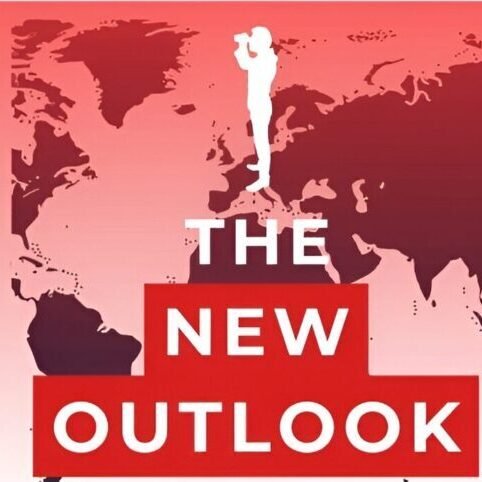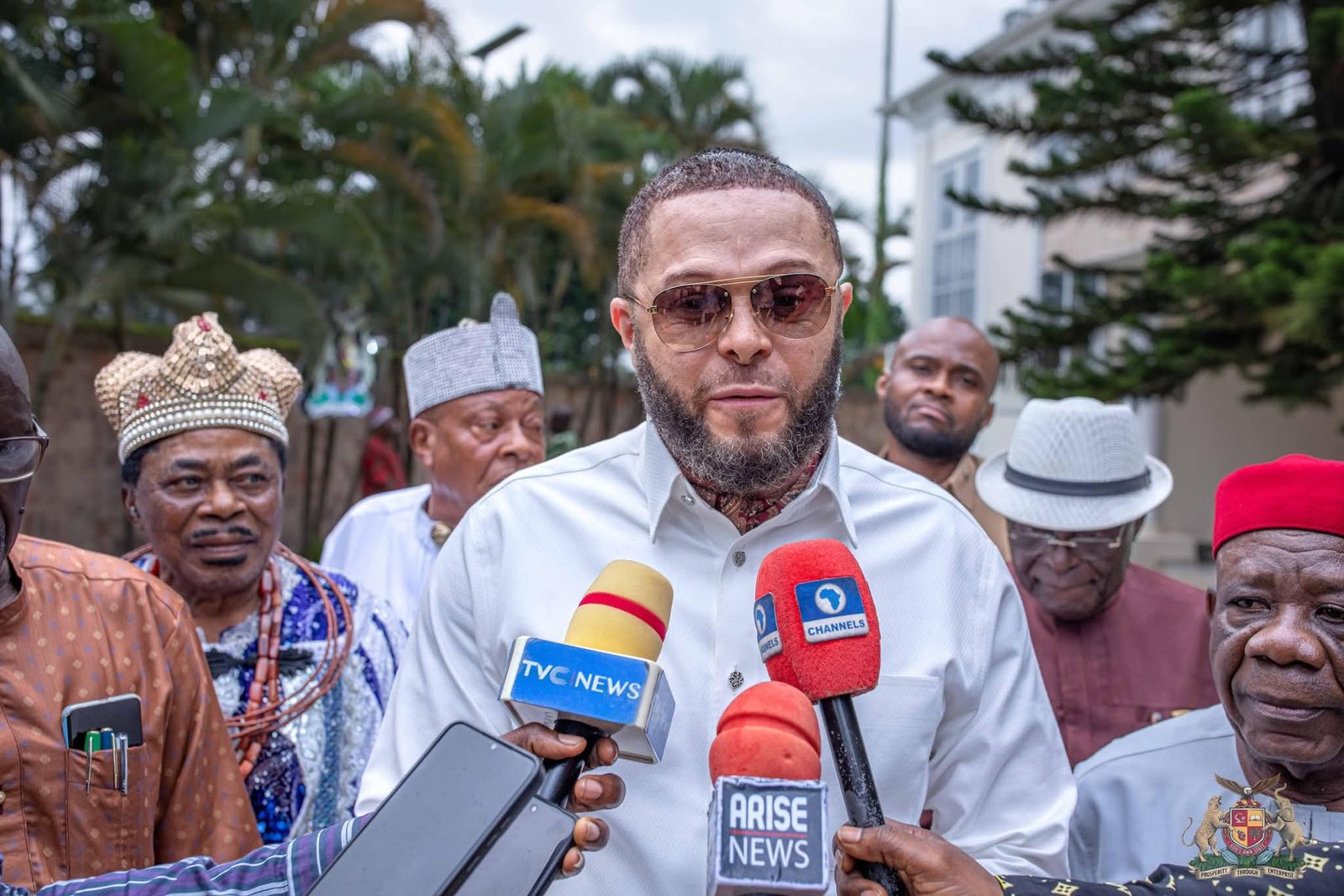By Acho Marcus Nkire
Ouagadougou, Burkina Faso – In a region long shaped by coups, insurgencies, and foreign intervention, a young artillery captain has emerged as a bold new voice of resistance and sovereignty. Captain Ibrahim Traoré, who seized power in September 2022, is rapidly transforming Burkina Faso from a fragile post-colonial state into a symbol of African defiance against Western imperialism.
At just 34, Traoré became the world’s youngest head of state after deposing Lt. Col. Paul-Henri Damiba in a coup sparked by ongoing insecurity and what he called the “inaction” of prior leadership. But his ambitions extend far beyond military stability. With powerful rhetoric and decisive actions, he is charting a course that many see as a direct challenge to France, the United States, and other traditional power brokers in West Africa.
Breaking Colonial Chains
Traoré’s government has taken sweeping steps to assert national sovereignty. Among his first moves was the expulsion of French troops and the suspension of military ties with the former colonial power. In their place, Burkina Faso has strengthened ties with Russia and other non-Western allies, pursuing what Traoré calls “African solutions for African problems.”
He is also a leading voice in the newly formed Alliance of Sahel States (AES), alongside military-led governments in Mali and Niger. The bloc has turned its back on ECOWAS and, according to Traoré, aims to build a regional order rooted in self-determination and economic independence.
Economic Reforms and Resource Sovereignty
Central to Traoré’s agenda is resource nationalism. Burkina Faso, one of Africa’s top gold producers, has long relied on contracts with foreign mining giants. The current administration is seeking to renegotiate those deals in favor of greater national control and community benefit.
There is also growing rhetoric about leaving the CFA Franc, a French-backed currency widely viewed as a vestige of colonialism. Though no concrete plans have been announced, talk of a regional alternative has gained traction among pan-African thinkers.
Meanwhile, domestically, the government is promoting agrarian revitalization, food security, and grassroots-based military recruitment to confront the dual challenges of terrorism and poverty. While economic indicators remain volatile, the early signs suggest a shift toward economic self-sufficiency and reduced reliance on Western aid.
A Threat to the Status Quo
Traoré’s rise has not gone unnoticed in global capitals. Analysts in Washington and Paris view his policies as part of a broader geopolitical realignment that challenges Western influence across Africa.
“His government is essentially saying: ‘We don’t want your troops, your aid strings, or your corporate control,’” says Dr. Amadou Diarra, a West African political analyst. “That’s a direct threat to the economic and strategic interests of former colonial powers—and they know it.”
His leadership also echoes the legacy of Thomas Sankara, Burkina Faso’s revolutionary leader of the 1980s, who was assassinated after pursuing similar anti-imperialist and pro-people policies. Many now see Traoré as Sankara’s ideological heir, reigniting the flame of African independence for a new generation.
The Road Ahead
Whether Captain Traoré can sustain his vision amid regional instability and economic hardship remains to be seen. Yet in less than two years, he has reshaped the political discourse across West Africa—and inspired a movement that transcends national borders.
For some, he is a danger to democratic norms and stability. But for many others, he is the embodiment of African resistance—a leader refusing to bow to foreign control.
“We are not anti-West,” Traoré said recently. “We are simply pro-African.”







